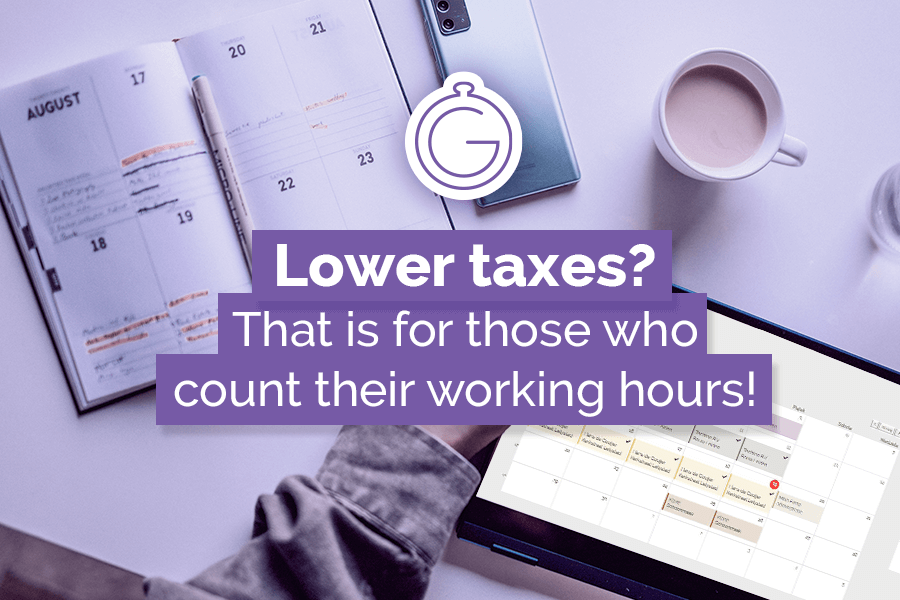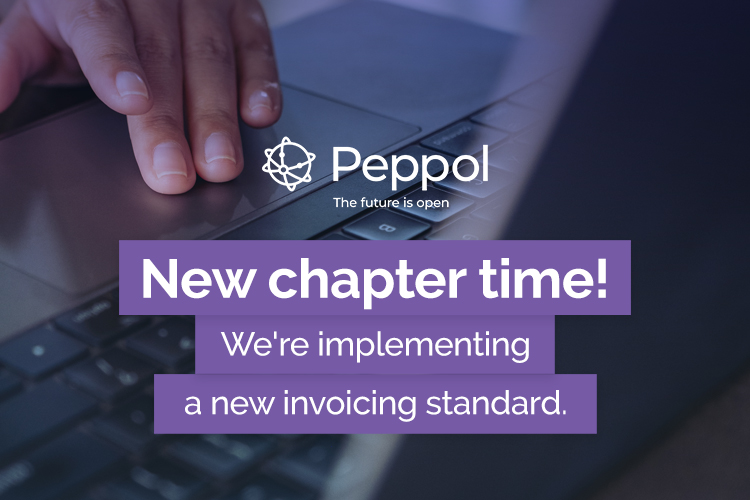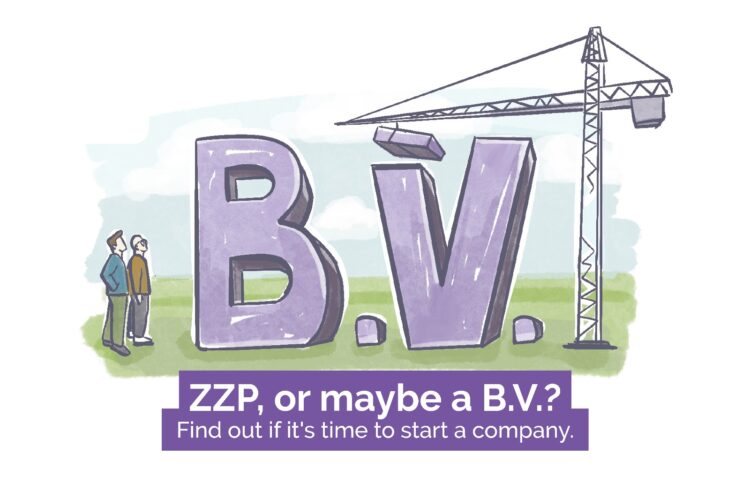Hourly Criteria in the Netherlands

How to meet the hour criteria to obtain tax credits?
The Dutch government has been pursuing an economic policy aimed at encouraging self-employment for years. In other words, starting your own business should pay off. Therefore, entrepreneurs can take advantage of a number of financial concessions. Many of them are related to the fulfilment of the hourly criteria.
How many hours do you work for your company?
Counting your working time is not your responsibility. However, if you want to take advantage of the concessions you are obliged to work per hour. This is because you must be able to prove that you have met the required hourly criteria.
Concessions directly related to the implementation of the hourly criterion are:
- write-off for independent entrepreneurs (Dutch zelfstandigenaftrek), €6,670 in 2021
- write-off for beginning entrepreneurs – starters (Dutch startersaftrek), €2,123 in 2021
- Pension reserve (Dutch oudedagsreserve), 9.44% of the profit, maximum €9,395
- copy for a partner helping in the company (Dutch meewerkaftrek)
Belastingdiest requires you to work a minimum of 1,225 hours per calendar year, which is around 24 hours a week. This criterion is rigid, which means it does not change regardless of what month of the year you started your business.
What does this mean?
Even if you became a ZZP in September, you still have to work for your company 1125 hours until the end of the year to take advantage of the deductions. Otherwise, you will not be able to use the concessions until the next calendar year, of course after meeting the criteria.
If you have a VOF company, each of the partners is entitled to concessions, provided they meet the hourly criteria. This means that the obligation to conduct hourly wages applies to every partner.
Do you want to record hours like a PRO?
REGISTER • DOWNLOAD • ACCEPT • INVOICE
Meet the new version of the HOURS tool in eFaktura!
Which hours can you qualify?
Direct and indirect hours.
In fact, you can register any time you devote to the company, and then show that it meets the criteria. The Tax Office distinguishes two types of hours devoted to the company – direct and indirect.
Hours directly devoted to the company are those you spend for a specific client while implementing the project. The criteria can also include intermediate hours – those related to running the company’s administration, work planning, training, or commuting to the client or your office. However, you cannot count the time when you are ready to take action but are not actually working.
How to fulfil the hourly criterion?
You have to record your working time, of course! When deciding on the method of registration, take into account the potential tax inspection.
Since the clerk can expect to see hourly wages up to 7 years back, choose a reliable and legible way. Entering the number of hours worked in a form without linking it to specific activities can lead to confusion.
Have you worked 20 hours on a specific project? Prove it!
The registration of hours is not reliable if you cannot link it to other documents. This is an aspect that is worth paying attention to. You should be able to present, for example, an invoice, an e-mail with correspondence with the client, an offer or a mileage calculation in relation to the hourly rate. Why do you need to register your kilometres? Read here. Notes on a company calendar may also be helpful.
Finding it complicated? Not necessary!
How to record working time without losing time?
The Dutch Tax Office does not dictate how to keep a record of work hours – it can be notes in a notebook, an Excel table, or an online system. Remember, however, that in matters of company administration, the most transparent solutions are always the best.
Using a comprehensive administration system, you always have all the information necessary to justify your hourly wages – from the offer, to mileage records or the issued invoice.
By keeping an electronic record of working time, you can also add intermediate hours, i.e. the hours when you are not working for a client, but for your company. Set up the “My Company” project in the eFaktura system and go ahead and add the time you spend running your company. Check this handy tool HERE.
Apart from that, in the case of hourly wages, it is also worthwhile to ensure regularity – and a system that is user-friendly and always at hand (because it´s also available on the phone) will make this easier for you! In addition, you can track the number of hours worked per year and ensure that the hourly threshold is met in the form of 1,225 hours for your company.
Working time registration, in addition to the tax requirements for ZZP, is also of great importance for your work system and your hourly wage.
How can you improve this? More coming soon!


